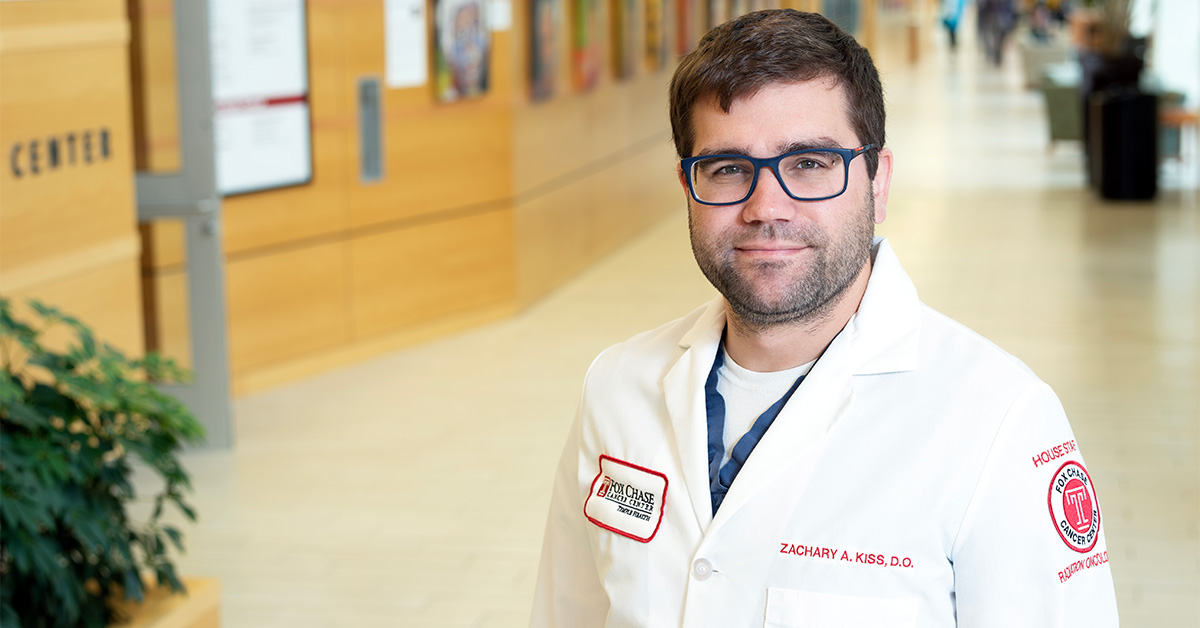
PHILADELPHIA (October 2, 2023) — The presence of BRCA1 and BRCA2 mutations in breast cancer patients did not predict improved survival for patients who received radiation therapy, according to findings presented by Fox Chase Cancer Center researchers recently at the American Society for Radiation Oncology (ASTRO) Annual Meeting in San Diego.
“BRCA1 and BRCA2 are two genes that play an important role in determining the risk and treatment response of certain cancers, including breast cancer. In the laboratory, isolated breast cells with mutations in those genes are more sensitive to radiation,” said Rebecca Shulman, MD, an Assistant Professor in the Department of Radiation Oncology at Fox Chase.
The research team analyzed a large set of previously unexamined data obtained from radiation-treated breast cancer patients with these types of mutations to determine if they had a better response to treatment than patients without the mutations.
The study used the nationwide Flatiron Health electronic health record database to select patients with stage 0-III breast cancer. Shulman said the data that she and her colleagues examined showed that patients with BRCA1 mutations were younger and more likely to have tumors at a higher clinical stage when compared to those with BRCA2 mutations.
The treatment outcomes for both BRCA1 and BRCA2 patients after radiation therapy were not affected for either mutation, said Shulman. Results of the study indicated that the sensitivity to radiation shown in isolated breast cancer cells in the laboratory cannot always be used to predict the response to radiation therapy of breast cancer in patients.
“While this study did not show that these mutations are an effective predictor of outcomes, it does reflect the growing partnership between radiation oncologists and molecular biologists. The fruits of this partnership have previously included the discovery of important biomarkers such as BRCA mutations and the identification of biochemical pathways that provide specific targets for future cancer therapies,” said Shulman.
The results of the research, “Mutations of the BRCA1/2 Genes in Patients With Breast Cancer Do Not Alter Treatment Outcomes Following Radiation Therapy (RT),” was presented during a poster session by Zachary Kiss, DO, a resident in the Department of Radiation Oncology. Kiss said the experience was rewarding, a sentiment echoed by Shulman.
“Conferences like ASTRO make an essential contribution to my growth as an investigator because they provide a way to expose my ideas and experimental results to critical evaluations by some of the best minds in my clinical field,” she said.